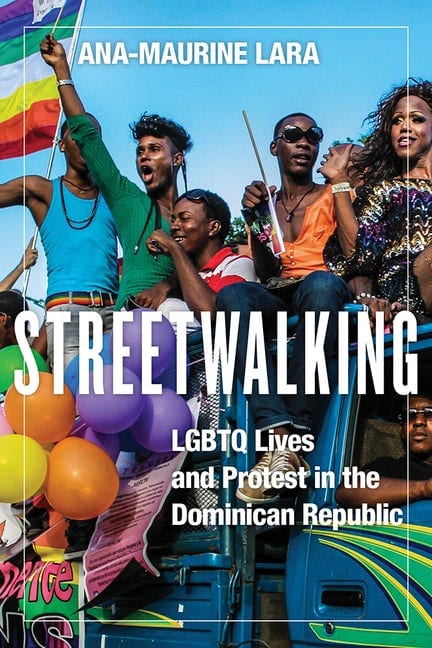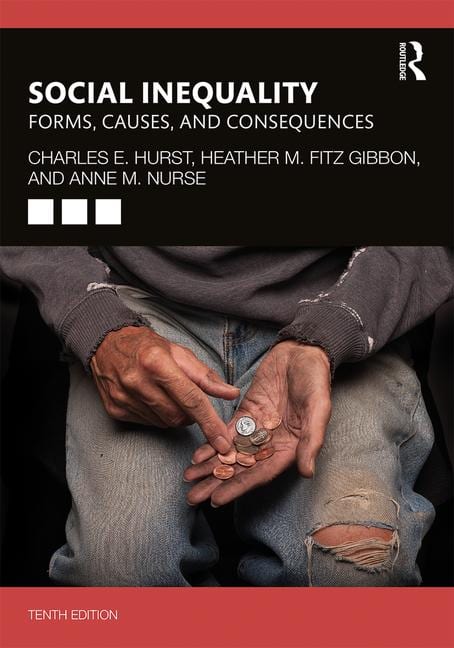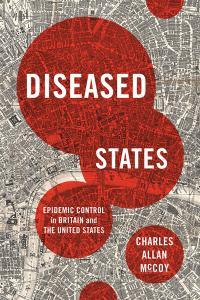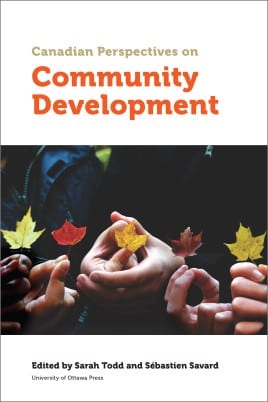
What We Don’t Talk About When We Talk About #MeToo: Essays on Sex, Authority and the Mess of Life

news, new scholarship & more from around the world

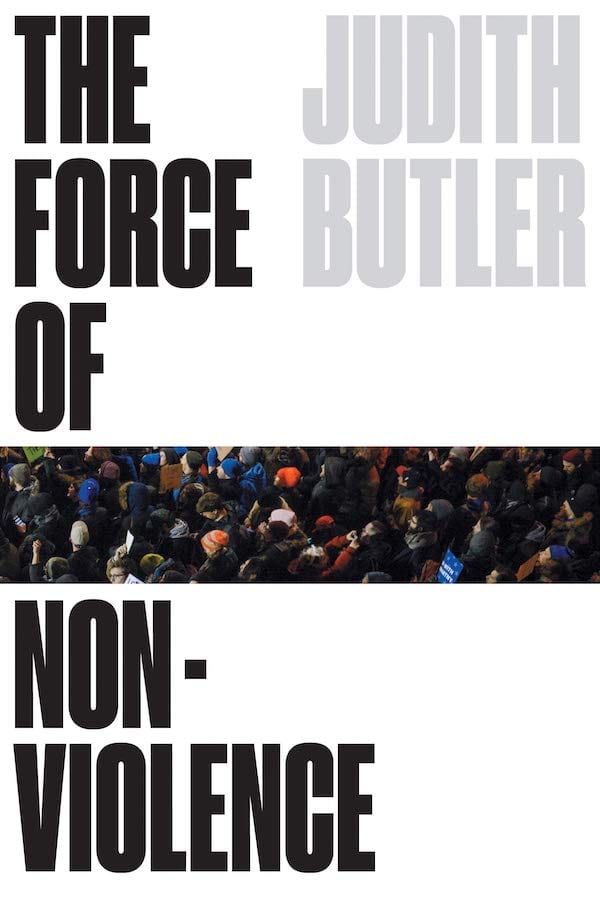
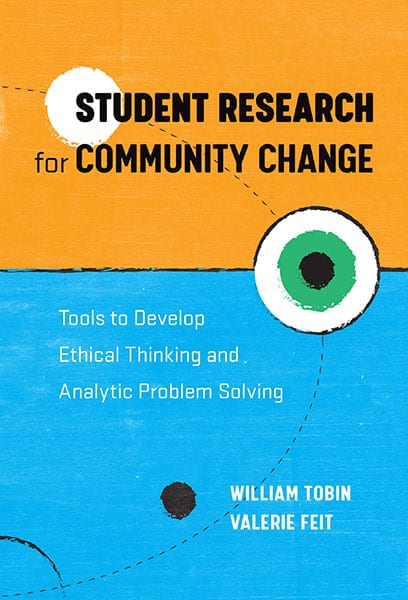
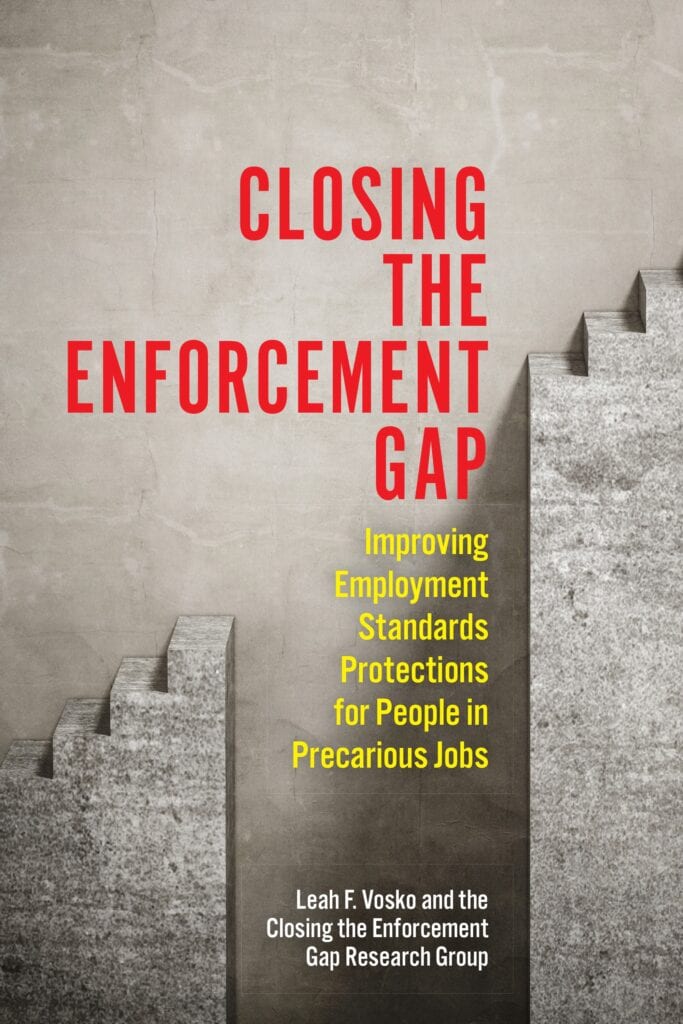
The nature of employment is changing: low wage jobs are increasingly common, fewer workers belong to unions, and workplaces are being transformed through the growth of contracting-out, franchising, and extended supply chains. Closing the Enforcement Gap offers a comprehensive analysis of the enforcement of employment standards in Ontario.
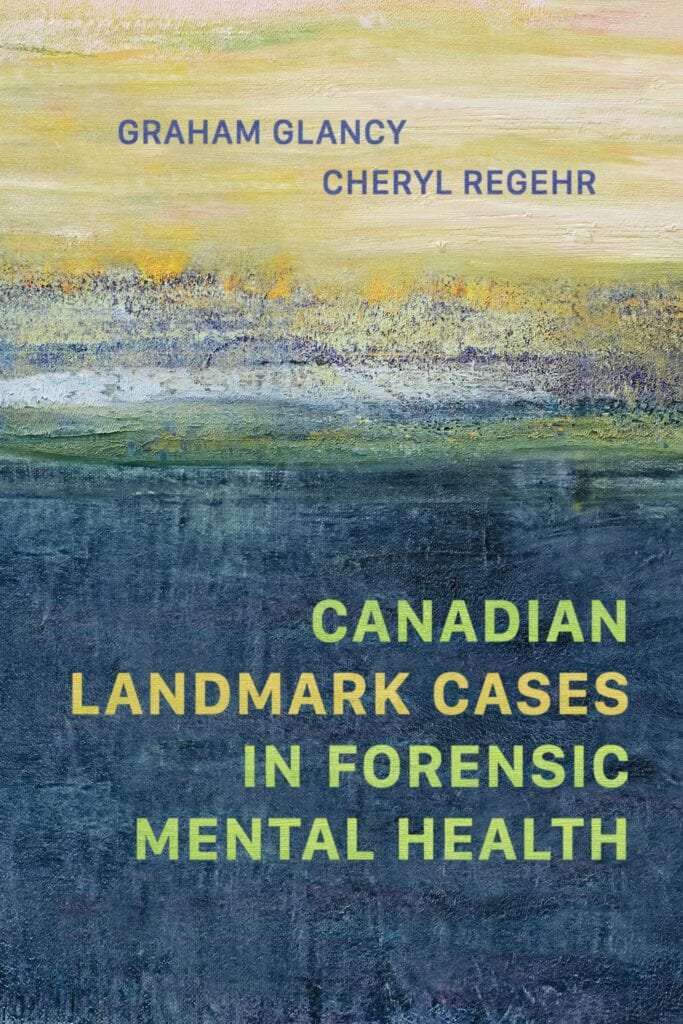
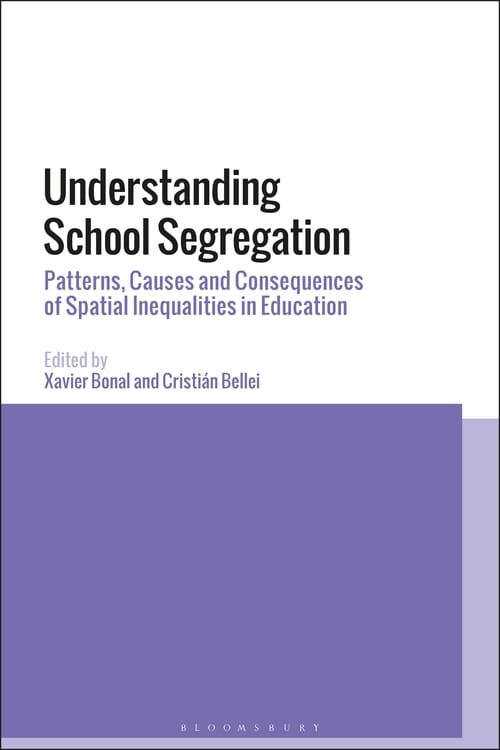

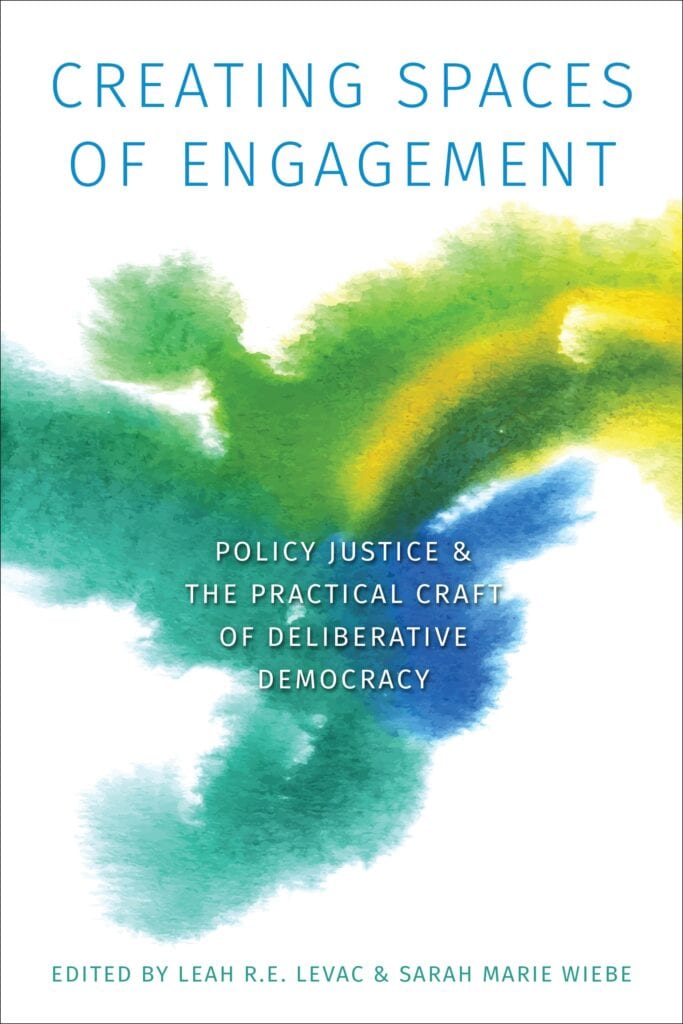
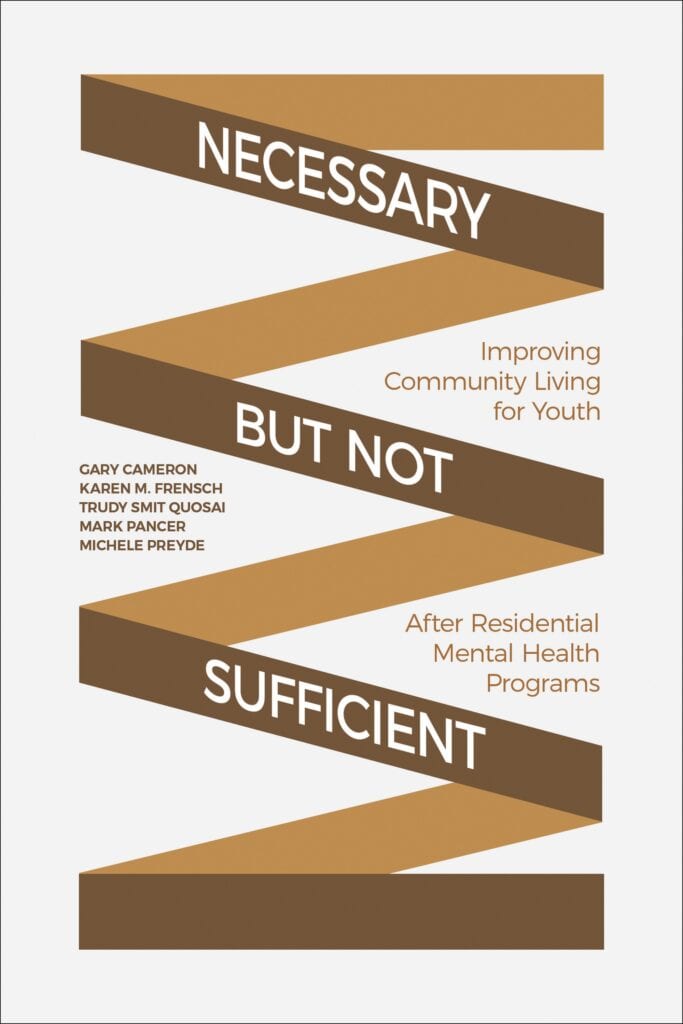
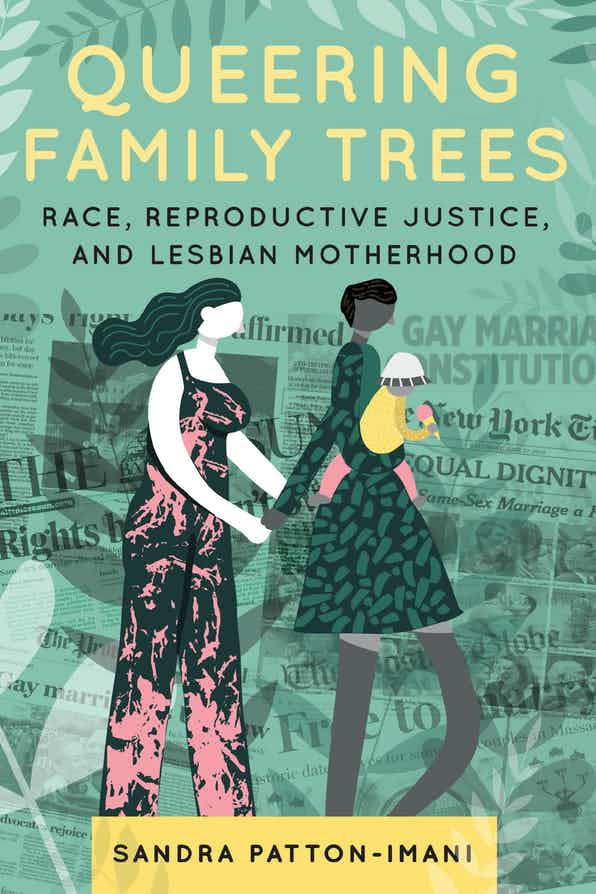
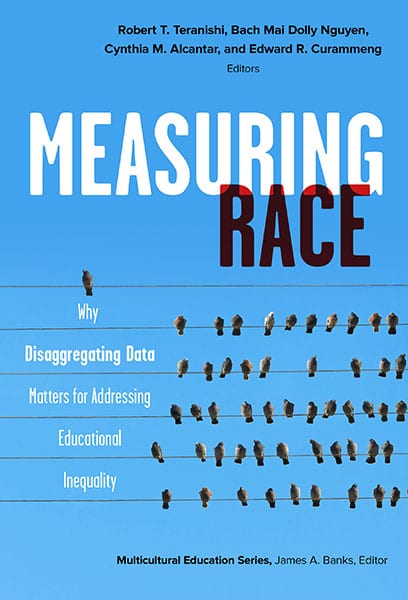

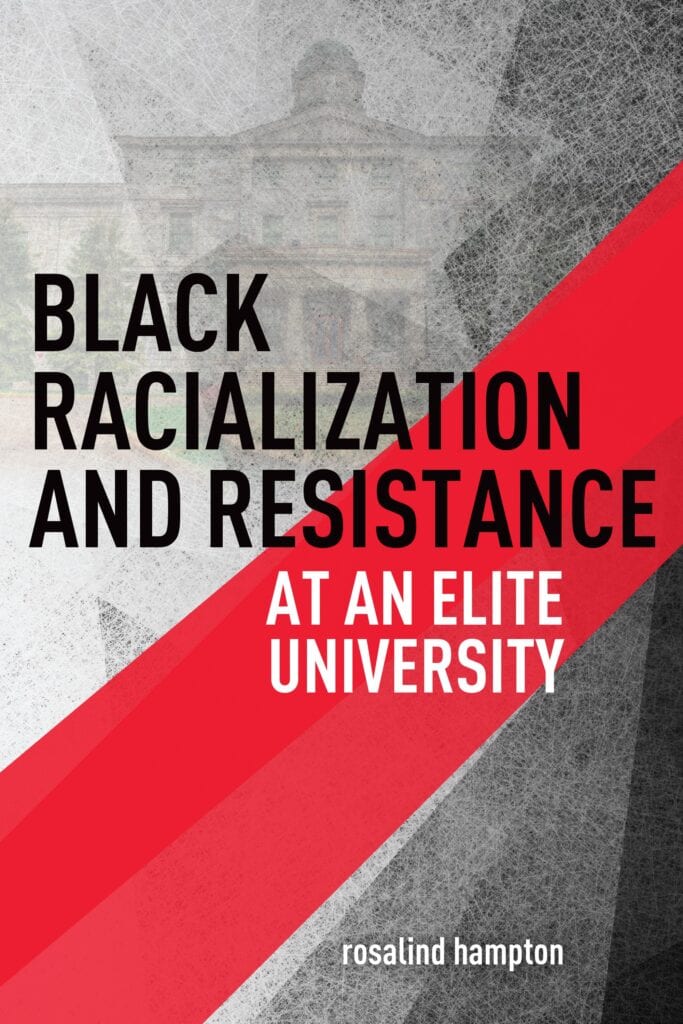

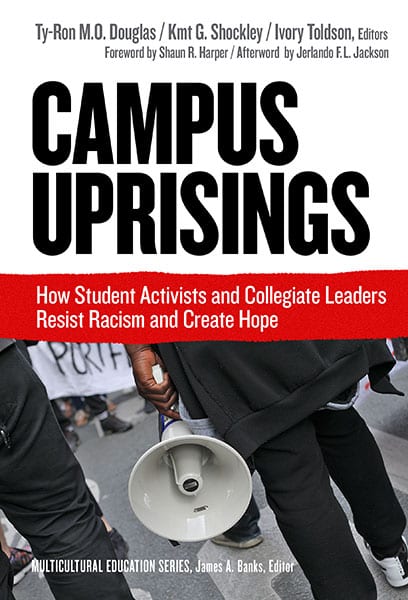
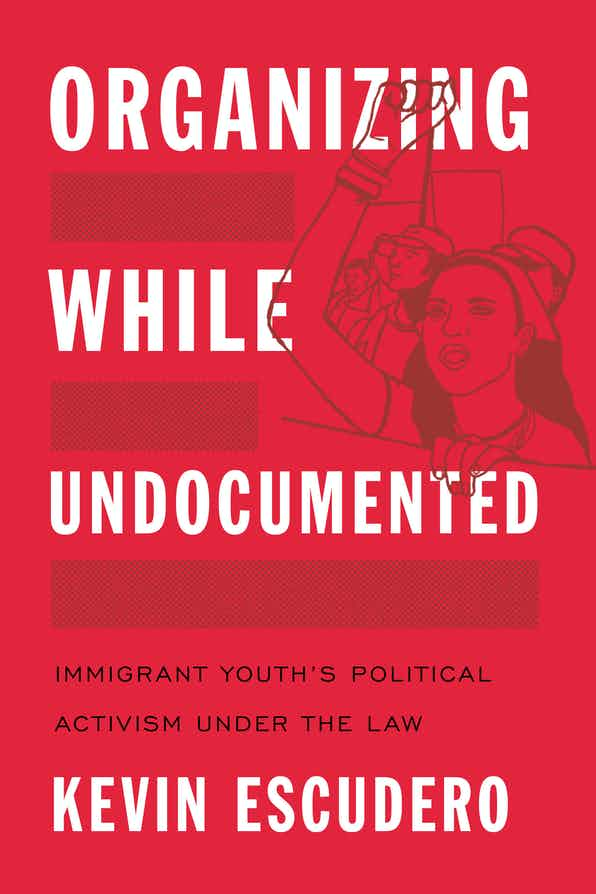

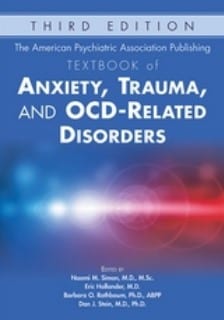

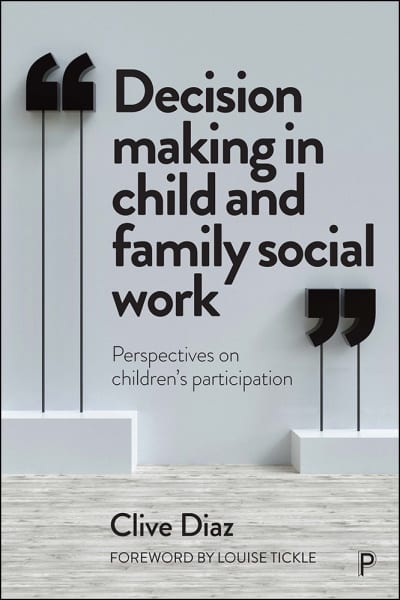
There is increasing pressure to involve children and young people in the decisions that affect them. Presenting new research on the extent to which parents and children participate in decision making when childcare social workers are involved, particularly in child protection conferences and Child in Care reviews, Diaz argues for a radical shift in existing practices.
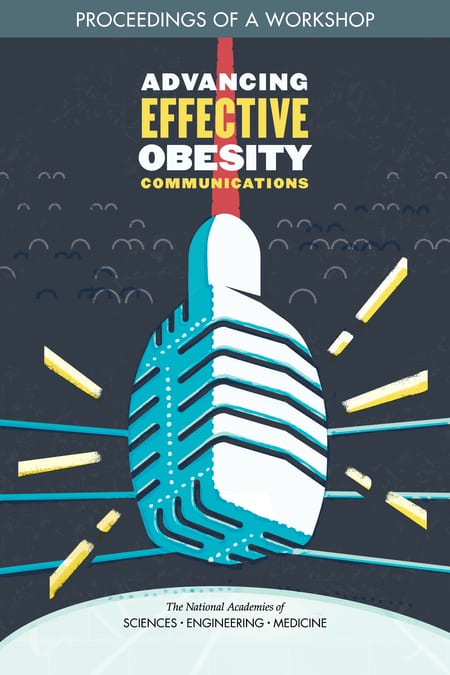
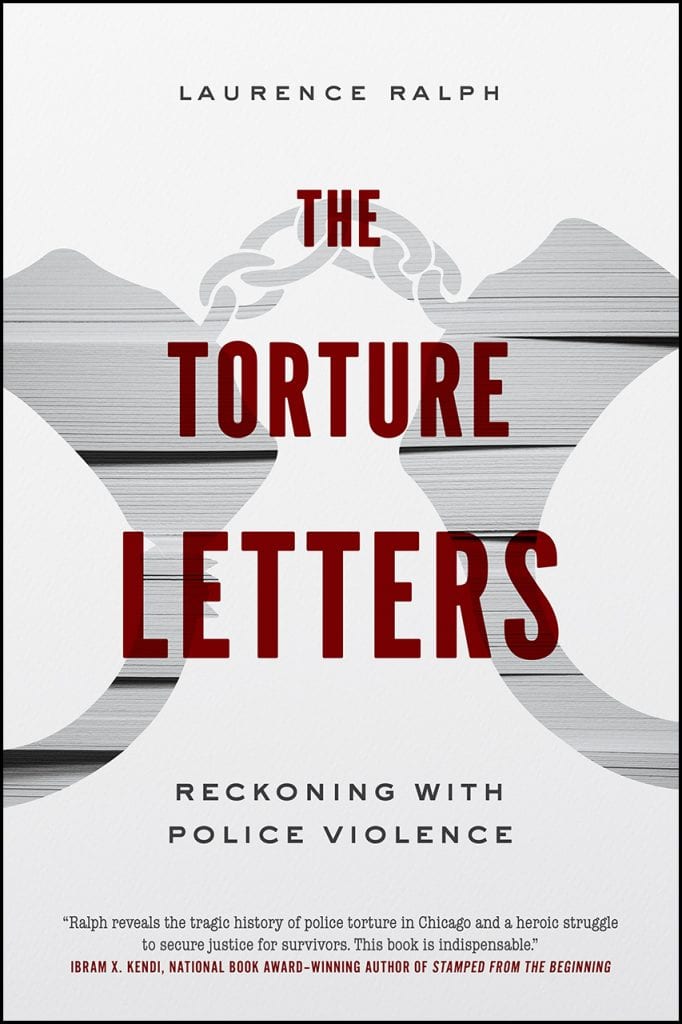
Torture is an open secret in Chicago. Nobody in power wants to acknowledge this grim reality, but everyone knows it happens—and that the torturers are the police. Three to five new claims are submitted to the Torture Inquiry and Relief Commission of Illinois each week. Four hundred cases are currently pending investigation. Between 1972 and 1991, at least 125 black suspects were tortured by Chicago police officers working under former Police Commander Jon Burge. As the more recent revelations from the Homan Square “black site” show, that brutal period is far from a historical anomaly. For more than fifty years, police officers who took an oath to protect and serve have instead beaten, electrocuted, suffocated, and raped hundreds—perhaps thousands—of Chicago residents.
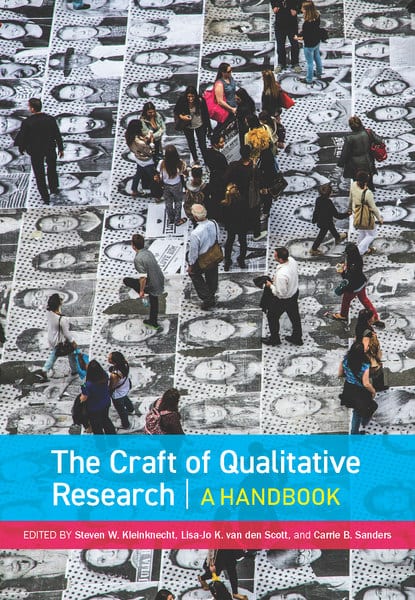
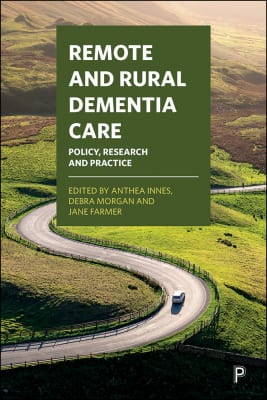
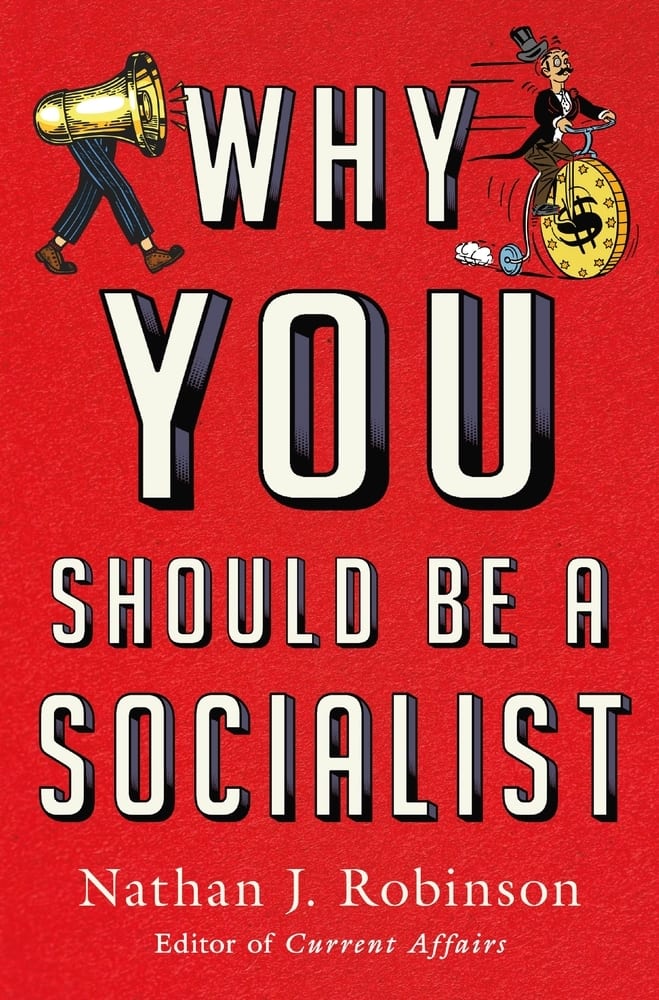
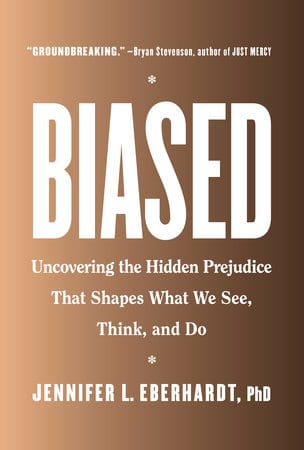
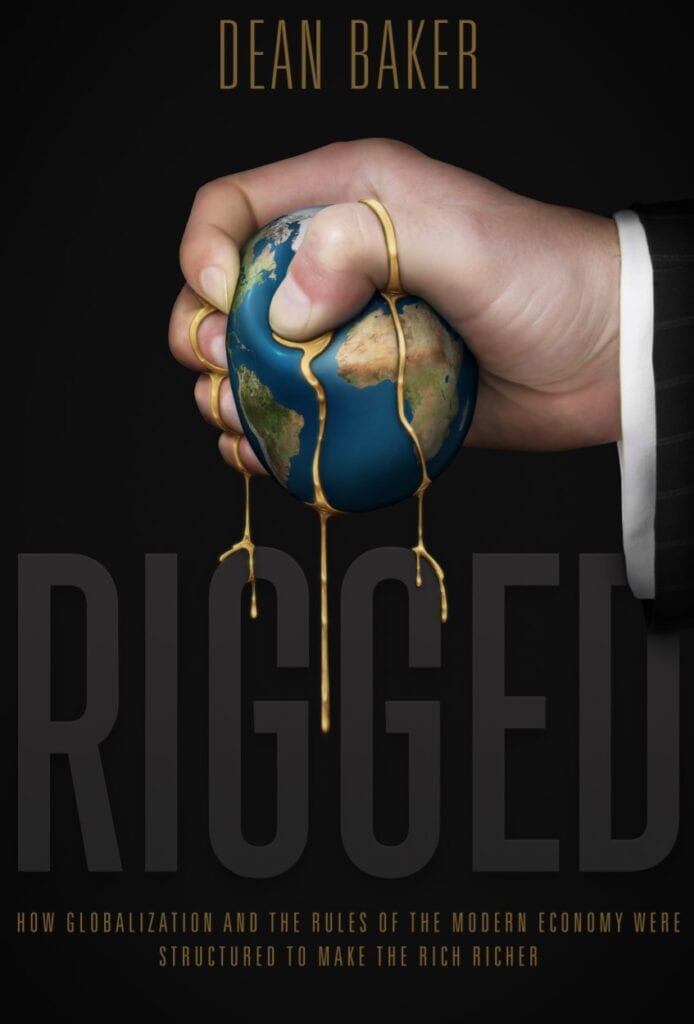
There has been an enormous upward redistribution of income in the United States in the last four decades. In his most recent book, Baker shows that this upward redistribution was not the result of globalization and the natural workings of the market. Rather it was the result of conscious policies that were designed to put downward pressure on the wages of ordinary workers while protecting and enhancing the incomes of those at the top.
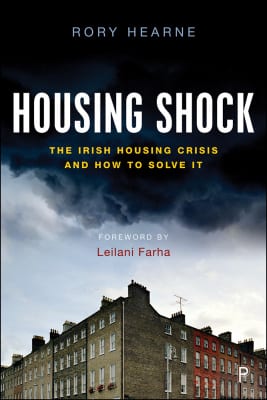
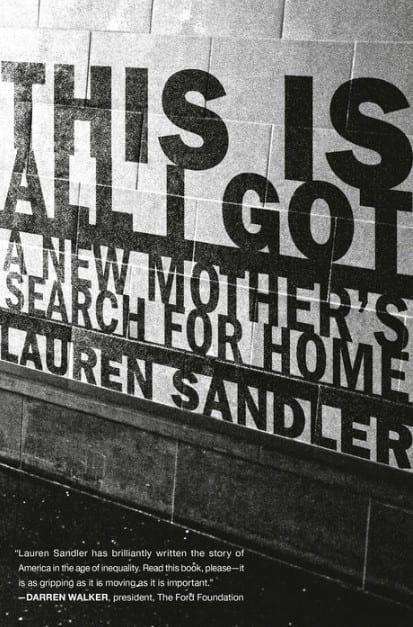
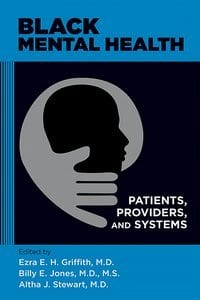
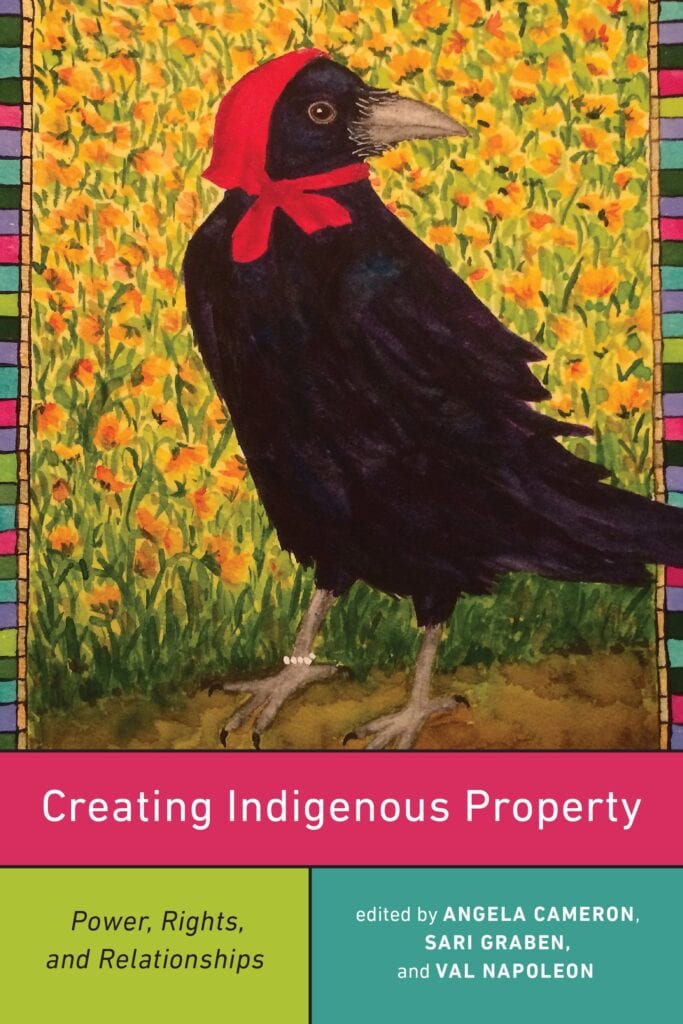
While colonial imposition of the Canadian legal order has undermined Indigenous law, creating gaps and sometimes distortions, Indigenous peoples have taken up the challenge of rebuilding their laws, governance, and economies. Indigenous conceptions of land and property are central to this project.

The author defines the core components of the Poverty-Aware Paradigm, explicates its embeddedness in key theories in poverty, critical social work and psychoanalysis, and links it to diverse facets of social work practice.
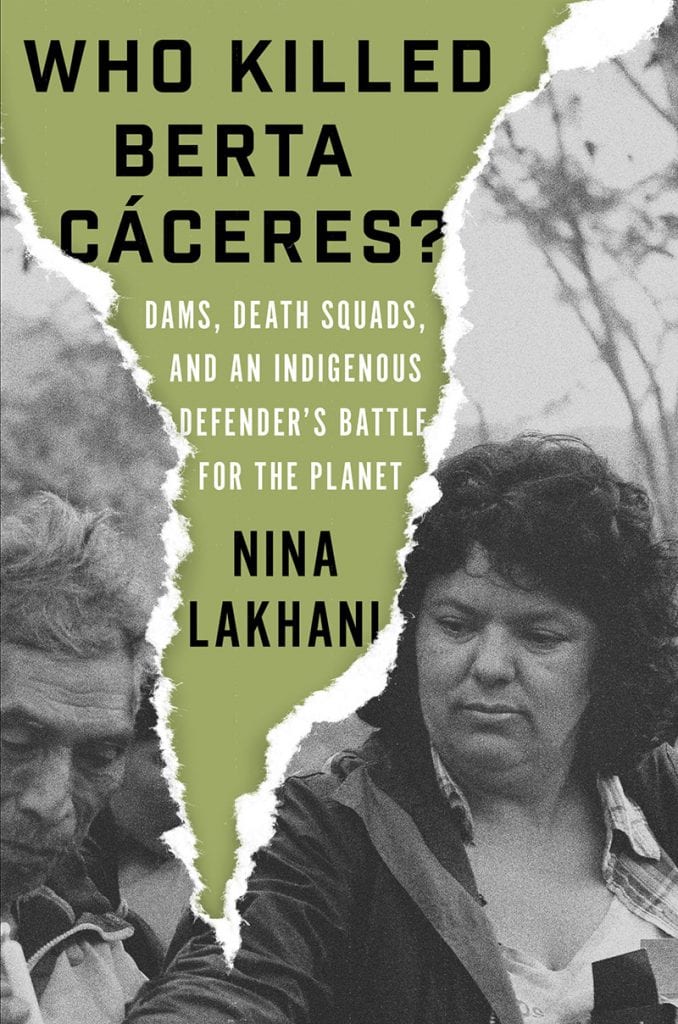
The first time Honduran indigenous leader Berta Cáceres met the journalist Nina Lakhani, Cáceres said, ‘The army has an assassination list with my name at the top. I want to live, but in this country there is total impunity. When they want to kill me, they will do it.’ In 2015, Cáceres won the Goldman Prize, the world’s most prestigious environmental award, for leading a campaign to stop construction of an internationally funded hydroelectric dam on a river sacred to her Lenca people. Less than a year later she was dead.
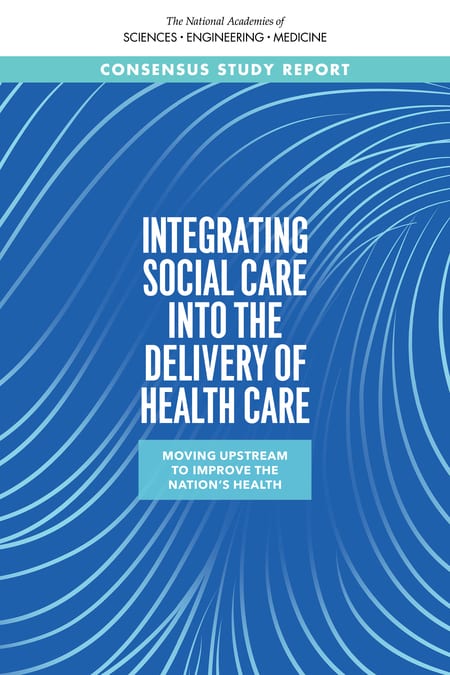
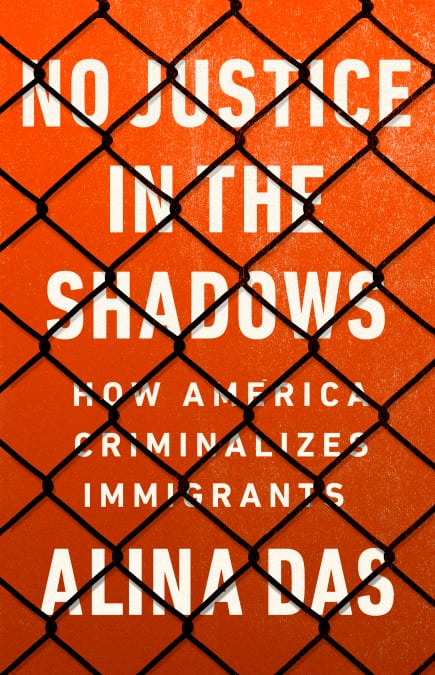

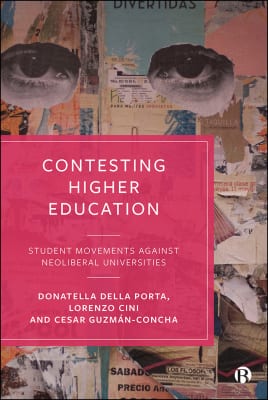
Using new research on higher education in the UK, Canada, Chile and Italy, this rigorous comparative study investigates key episodes of student protests against neoliberal policies and practices in today’s universities.
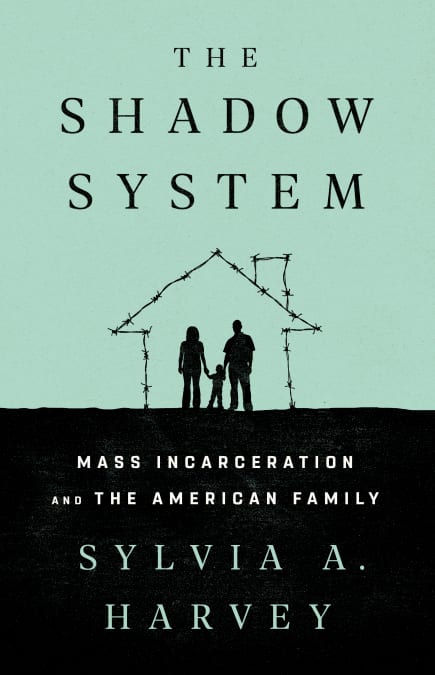
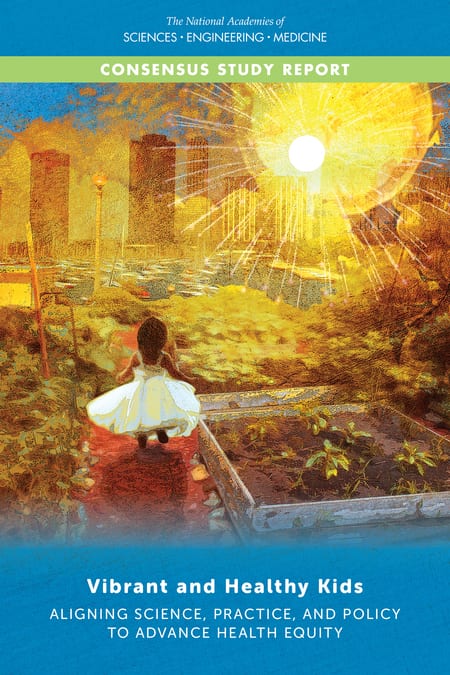
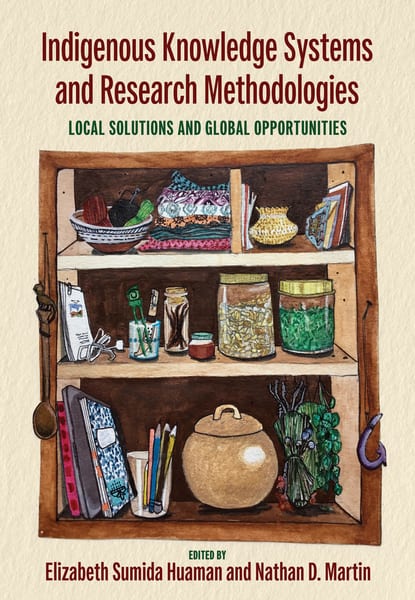
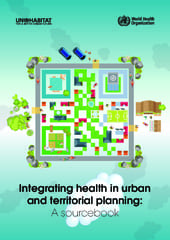
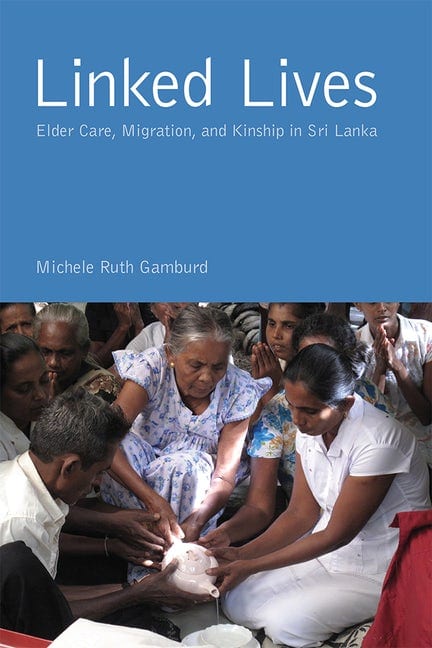

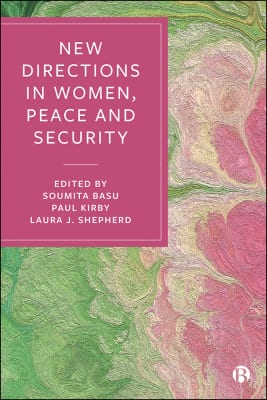
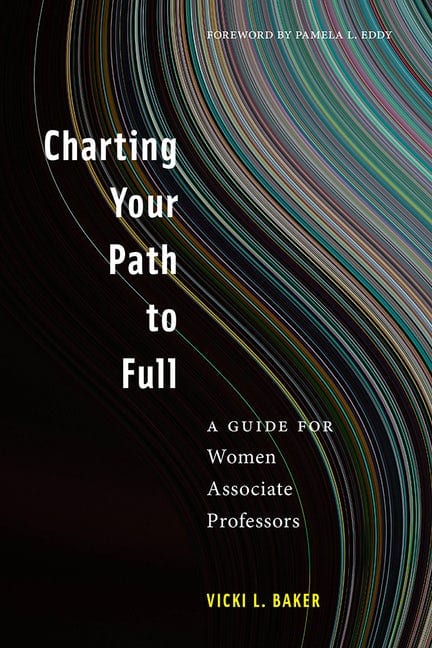
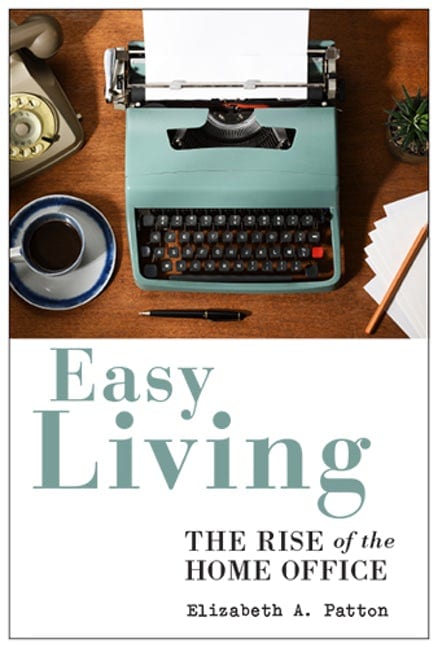
Through the analysis of national magazines and newspapers, television and film, and marketing and advertising materials from the housing, telecommunications, and office technology industries, Easy Living traces changing concepts about what it meant to work in the home. These ideas reflected larger social, political-economic, and technological trends of the times. Elizabeth A. Patton reveals that the notion of the home as a space that exists solely in the private sphere is a myth, as the social meaning of the home and its market value in relation to the public sphere are intricately linked.
